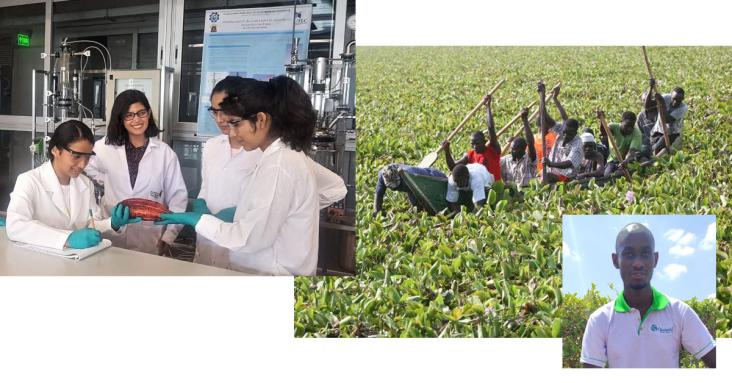Earth's ecosystems, upon which all life depends, are in a severe state of degradation.

Rewilding should be central to the massive restoration efforts needed to overcome the global biodiversity crisis and enhancing the biosphere's capacity to mitigate climate change.

Agricultural pesticides represent a significant class of endocrine-disrupting chemicals (EDCs) to which non-target organisms around the world are constantly exposed.

The Baltic Sea is essential for marine ecosystem services (MES) provision and the region's socio-economic dynamics. It is considered one of the busiest and most polluted regional seas in Europe.
Restoration thinking provides a new paradigm for charting a bold future that prevents further loss of biodiversity and habitat destruction, avoids catastrophic climate change, and promotes the well

Rivers and estuaries transport vast amounts of carbon from land to oceans and play an important role in the global carbon cycle through their high rates of carbon respiration and sequestration.
Technology can be used to target hotspots of marine plastic pollution. The Inventory is a tool to identify plastic pollution prevention and cleanup technologies.

This article highlights the winning proposals of the fifth edition of the Elsevier Foundation Green & Sustainable Chemistry Challenge. The winning proposals were chosen for their innovative green chemistry aspects and their large positive impact on the environment, contributing to SDGs 7, 8, 10, 12, 13, 14 and 15.
This book chapter addresses goals 12, 14 and 15 by discussing the debate surrounding the role of biodegradable plastics in solving plastic solid waste accumulation and assisting the transition toward a circular economy, in turn encouraging more sustainable communities and responsible consumption.

